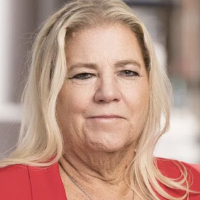Springdale Criminal Lawyer, Washington
Sponsored Law Firm
-
 x
x

Click For More Info:
-
Russell & Hill, PLLC
1212 North Washington St. Suite 132 Spokane, WA 99201» view mapCriminal Defense Law Professional, Personal, Proven
You have questions, and we have answers. Here at Russell & Hill, PLLC, we know how to obtain the most favorable outcome for your particular circumstances.
800-928-5340
Julie A. Twyford
✓ VERIFIEDDivorce & Family Law, Criminal
Julie Twyford has built her life around helping people. For 40 years she has dedicated her life to the law, and the pursuit of equality and fairness. ... (more)
F. Dayle Andersen
Animal Bite, Criminal, Legal Malpractice, Medical Malpractice
Status: In Good Standing
FREE CONSULTATION
CONTACTFREE CONSULTATION
CONTACTRonnie Rae
Workers' Compensation, Traffic, White Collar Crime, Products Liability
Status: In Good Standing
FREE CONSULTATION
CONTACTJoseph L. Broadbent
Traffic, Federal Appellate Practice, Criminal, Constitutional Law
Status: In Good Standing Licensed: 29 Years
Carlin M. Jude
Housing & Construction Defects, Real Estate, Family Law, Criminal
Status: Inactive Licensed: 36 Years
 James Hill Spokane, WA
James Hill Spokane, WA Practice AreasExpertise
Practice AreasExpertise



